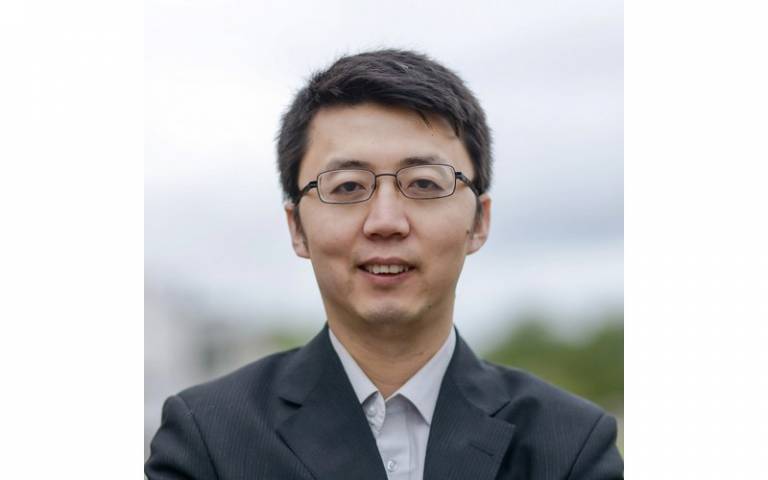Xuxin Mao, Office for National Statistics
Xuxin worked with colleagues in the Constructions Statistics team to develop methods for accurately measuring price, volume and building-related indices

22 August 2017
“‘Having practical public policy experience contributes to your credibility and opens doors in terms of the impact and reach of your research.’
What was your Fellowship about?
I completed my UCL Public Policy Fellowship with the Office for National Statistics (ONS) in 2016-2017. The ONS was interested in working with someone to improve their market measurement and output indices for the construction industry and my experience with big data and economic modelling forecasting was a perfect match.
I worked closely with colleagues in the Constructions Statistics team to develop methods for accurately measuring price, volume, and building-related indices to assess the productivity of the construction market in the UK. I spent time at the different offices and participated in a steering group organised by the ONS, with internal, external, and academic stakeholders to scope the current status of ONS research, what kind of data they already had, and where they needed my input.
The index I helped produce, accepted by all parties of the steering group, was accepted by the government and published in 2019. This is now the national standard for measuring the construction market.
What did you learn during your Fellowship?
The Fellowship taught me how Government works, how academics can collaborate with them, how data is generated and how policies are formed. As academics, we often work with data not knowing how it can be used in the ‘real’ world or what kind of evidence the Government needs to inform the policymaking process. The UCL Policy Fellowship gave me the chance to work with ‘real-world’ data, and to generate wider impact at the national level beyond publishing papers. This has been really satisfying as indeed, it is not something that every academic has the chance to do.
I also learned to assess data from more of a practical and pragmatic perspective, as opposed to a purely academic lens. That was very helpful, especially for an academic with not much professional experience. The civil servants I worked with wanted academics to contribute to their effort of understanding how big data and statistics can be used, which I didn’t think was the case! The Fellowship was definitely a mutually beneficial arrangement.
How did the Fellowship contribute to your career development?
The impact I generated during my Fellowship with the ONS gave me the credibility to apply my skills and interest in other areas, which was beneficial to my career path. After my placement, I took on a role as the Principal Economist at the National Institute of Economic and Social Research and have continued with the ONS as an adviser to the Economic Statistics Centre of Excellence.
 Close
Close

